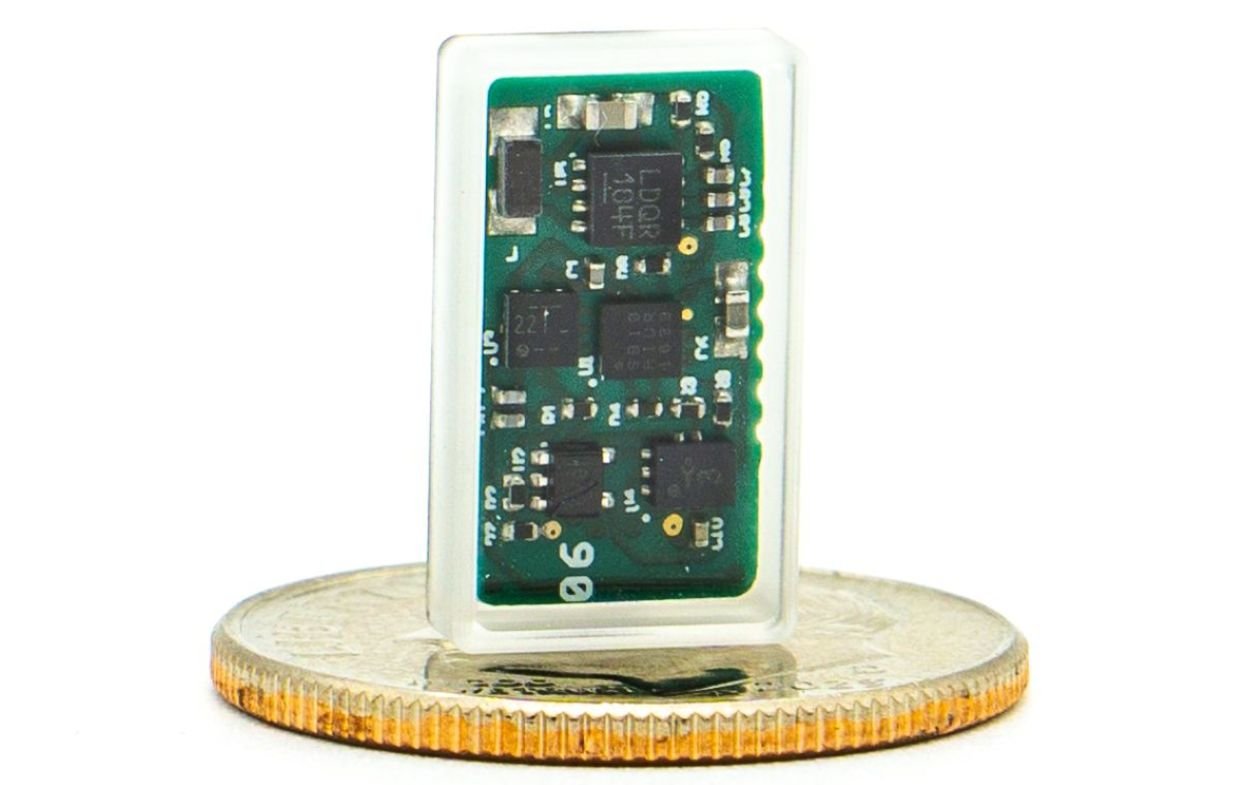Recent research from the University of Texas at Dallas and Baylor Medical Center indicates that vagus nerve stimulation (VNS) could be a groundbreaking treatment for post-traumatic stress disorder (PTSD). While VNS has been effectively used for epilepsy and depression, its application for PTSD marks a significant advancement in mental health therapies.
The vagus nerve plays a vital role in transmitting signals between the brain, heart, lungs, and digestive system, influencing involuntary functions such as heart rate and digestion. By using an implantable device that delivers electrical impulses to the vagus nerve, doctors aim to alter brain activity associated with PTSD symptoms.
In a pioneering study published in the journal Brain Stimulation, researchers found that patients with severe PTSD experienced complete symptom relief for up to six months following a combination of VNS and traditional therapy. Dr. Michael Kilgard, a neuroscience professor involved in the study, emphasized that PTSD can affect anyone who has undergone traumatic experiences, not just military personnel. “PTSD can arise from any event that evokes fear of death or serious injury,” he stated.
The clinical trial included nine participants who received VNS treatment through a device about the size of a dime, implanted in their necks. This was paired with prolonged exposure therapy (PET), a cognitive behavioral therapy that helps patients confront and process distressing memories and situations related to their trauma. Each participant completed 12 sessions of VNS treatment, and follow-ups conducted over six months revealed an unprecedented outcome: all participants were symptom-free at the end of the assessment period.
Dr. Kilgard noted that while some patients may show improvement in similar trials, it is rare for them to completely lose their PTSD diagnosis. He remarked, “Typically, the majority will have this diagnosis for the rest of their lives. In this case, we had a 100 percent loss of diagnosis. It’s very promising.”
The next phase of research includes a double-blind Phase 2 pilot study currently underway in Dallas and Austin. Dr. Kilgard expressed hope that this will further support the FDA approval process for this innovative treatment, similar to how the university successfully developed therapies for upper-limb recovery after strokes. The findings from this study could pave the way for new treatments for those suffering from PTSD, offering a fresh avenue for individuals who have not responded to traditional therapies.



